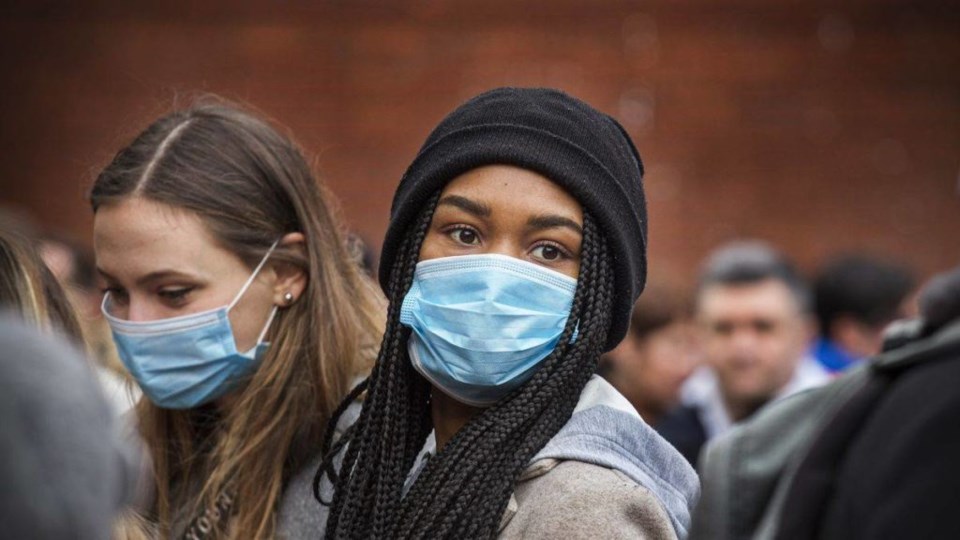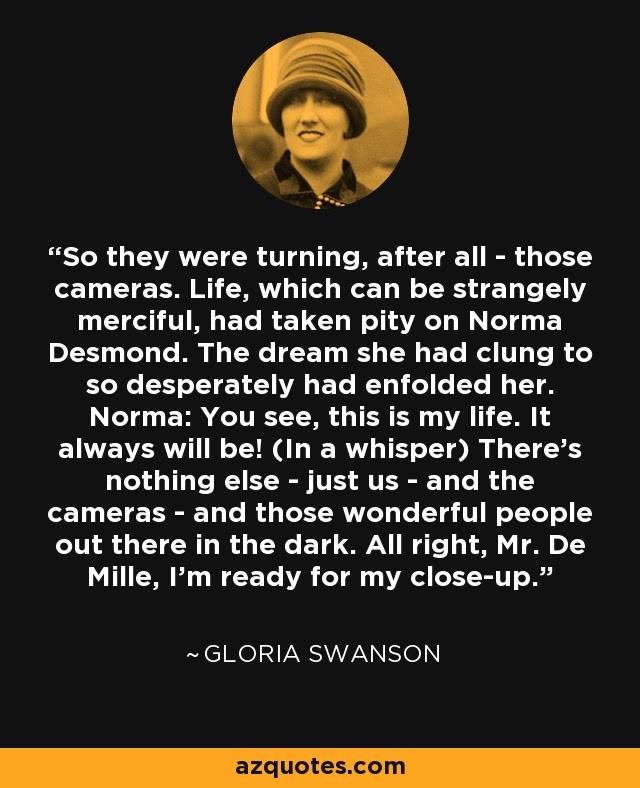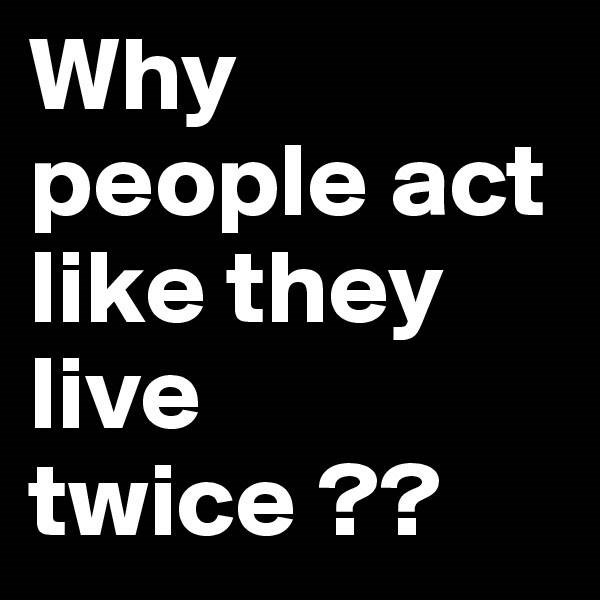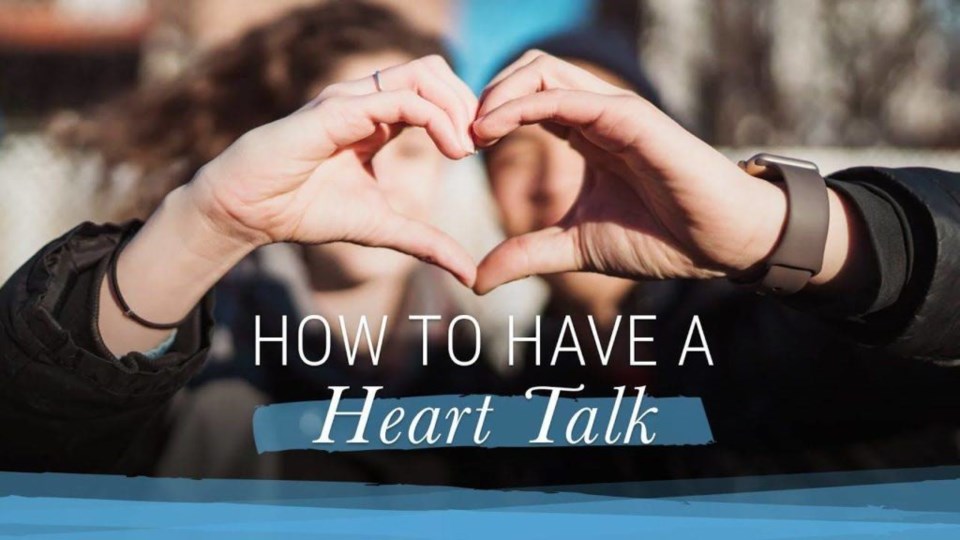"The Art of Seeing" by Michael Milton
The stork is voiceless because, really, there is nothing to say
~Will Cuppy
Six years back, I approached Clara Zawadi Morris--the editor of Brooklyn Reader--with an idea. Over dinner, I pitched my notion of developing a column for her newspaper. I had already given her some examples of my writing. She was generous in her praise. She said reading my work gave her the feeling we were engaging in an intimate conversation.
The column I envisioned would be a reflective sort of thing, my personal responses to, well, anything I had a personal response to.
Over the years, I have opined on a great many things; cemeteries, bridges, emerging modern dance company performances, a run-in with a cab rider, homelessness, subway art. All told, I have submitted about seventy pieces during my tenure with the Brooklyn Reader, an average of a column every couple of months.

Suffice it to say, unlike the stork, I always seemed to have something to say. Until now
Fires burning out of control all over California, Oregon and Washington. Proud Boys. Street brutality. Hurricanes swirling up from the Gulf with ever greater regularity. A virus which has brought life as we so recently knew it to a stand-still. Iceland's disappearing icecap threatens to unleash the power of hundreds of long covered volcanoes. Volcanoes!!
And I'm only a few minutes into the evening news.
Suddenly, I find myself at a complete loss for words. I do not often struggle with writer's block. If I don't have anything pressing to write, I write anyway. I enjoy the process—pen to paper and let 'er rip. Something or other emerges. And for the most part, what has emerged over the years and seen its way into print has been thoughtfully received by readers. Some have made themselves personally known to me through notes or calls, others have acknowledged what they read with a "thumbs up" on Facebook. I am grateful for these all of these relationships.
My biggest struggle as a writer is in identifying words which cut the closest to my soul in hopes what emerges on the page will resonate with like-minded readers, or as Billy Wilder wrote, "You wonderful people out there in the dark."
 Coronavirus or not, our relationship—writer and reader—has always been virtual. Yet over the past months, I feel our connection growing more intimate than I ever thought possible in the midst of new kinds of isolation.
Coronavirus or not, our relationship—writer and reader—has always been virtual. Yet over the past months, I feel our connection growing more intimate than I ever thought possible in the midst of new kinds of isolation.
Kahlil Gibran wrote All words are but crumbs which fall down from the feast of the mind. Poets, I would guess, sit at that feasting table.
Alas, I'm not much of a poet. Still, I write.
I'm more honest on the page than anywhere else. Face to face, I have too many pre-conceived notions of how I want you to see me, too many opinions I want you to have of me. Writing helps me pull the curtains aside, to turn up the lights and reveal more of myself to you than I ever could possibly manage in person.
I write to connect. Few things please me more than to know that words--my words--might touch you in some raw and immediate way. And sometimes, miraculously, a few words occasionally escape the clutches of my various filters and tumble out onto the page without too much self-consciousness.
When I hear back from a reader reporting they have felt some sort of unprocessed honesty, I feel less alone in the world, especially in this terribly odd and necessarily reclusive time we find ourselves in today.
I thank you for that relief.
My life has changed so utterly over this the first half of this year. Without a doubt, I am sure you all would echo some similar sentiment.
For my part, I am now five months into a still indeterminately-long exile in California away from my beloved New York City, here to be with my mother who is having trouble with her sight and is busy redefining her life since the passing of my dad in late February.
Yet, I am honored (and a little scared) to have the opportunity being with her full-time after so many years of a relationship built on only short visits, phone calls and letters.
And, of course, as with all of us, the virus confuses already challenging situations. I lie awake at night and wonder if I am up to this moment? Sure, I can cook for my mother. We can go on walks together. I can help my mom read the fine print.
But what about the rest? What about the million things that can go wrong; a missed step, a slippery shower floor, bouts of regret and self-reproach.
If needed, how do I organize twenty-four-a-day care? Or arrange to have a hospital bed brought in if necessary. How do I negotiate becoming more the parent if, say, she was to refuse to eat or take a medication?
Yes, a million things can go wrong.
And yet a million things have gone right, too. Kindness has sprung up from every corner. My mom encourages me. She has a mountain of belief in me. A reader sends in a comment that gives me unexpected strength. A random conversation with a teller at the grocery store reminds me that many people care for their parents, for their children, for dying friends, sometimes all at the same time.
 Perhaps the stork is wrong. There are things to say. For me, no matter how overwhelming present events sometimes seem, remaining silent in the face of an uncertain future strikes me as simply unbearable.
Perhaps the stork is wrong. There are things to say. For me, no matter how overwhelming present events sometimes seem, remaining silent in the face of an uncertain future strikes me as simply unbearable.
Strong and silent isn't my way. Ought it to be any of ours?
Lately, everyone I know has loneliness, if nothing else, as a common denominator.
I'm lonely, too. I miss my long-time home on the Upper West Side. This process of getting older is lonely. Watching friends move away, seeking opportunity elsewhere brings loneliness. And an albeit necessary loneliness is born out of wearing face masks; I hate not being able to see smiles or hear the melody of other voices clearly.
When others speak out about, I am reassured.
I'm not the only one! I think to myself.
So many dangers lurk in our strange new world. There are countless evictions, empty bank accounts, increasing death tolls, a fraught election, a nation struggling under the weight of a whole pantheon of woes.
I wonder if I really have anything to say to help ameliorate the pains of the present. Do I really have the right to ask you to listen to me each month when you must have your own minds full of fears and worries of your own?
 Here's the thing; I already know I really don't have much to say in the face of this world's visceral upheavals. Yet I must say something.
Here's the thing; I already know I really don't have much to say in the face of this world's visceral upheavals. Yet I must say something.
Seeking out some current of communication with friends, with family, with you—no matter how challenging—always strikes me as necessary and all the more so in the midst of these stormy days. It is vital for me to infuse my simplest interactions with care and compassion—especially as previous modes of communication are transformed daily before my eyes.
At the end of the day, I know that words—my words, at least-- can only hint at the tsunami of emotions which lurk just beneath the placid surface I try so hard to maintain.
In Thornton Wilder's play Our Town one of the characters, Dr. Gibbs, says to his wife over breakfast: "I was afraid we wouldn't have material for conversation more'nd last us a few weeks. I was afraid we'd run out and sit over meals in silent and that's a fact. Well you and I been conversing for twenty years now without any discernible barren spots."
To which Mrs. Gibbs replies, clearly moved by her husband's confession: "Well, good weather, bad weather. Tain't always very choice but I always find something to say."
Do you see? I probably write words which, in the final analysis, are not much more than good weather and bad weather, rarely more vaulted than that. I can only hint at the vaster swells roiling beneath my largely manufactured imperturbability.
I mean, hell, I can't just say, over and over again "I love you, I appreciate you, I'm grateful for you," over and over again.
Can I?

So, I write words about subway art or a tree I admired in the Brooklyn Park arboretum. I comment on the beauty of a piece sung by a local chorus or cheer on a new choreographer at Alvin Ailey. I write in hope my real intimacy--the one that Clara Morris hinted at existing at the heart of my writing--comes through to you now and then.
And here we are, a thousand or so words later. No writers block in sight, I guess.
I hope you hear the thank you beneath anything I write. I hope you hear the I'm grateful and the I appreciate you always there no matter the announced topic of my essay.
Eckhart Tolle wrote, If the only prayer you say in your entire life is "thank you," it will be enough. Yes. We must speak out. Forget about the stork. Say what you must. We need to hear it. Talk about the weather. And let thank you shimmer beneath every word you utter. We need prayers now.
And I choose to keep mine simple.
Thank you.




